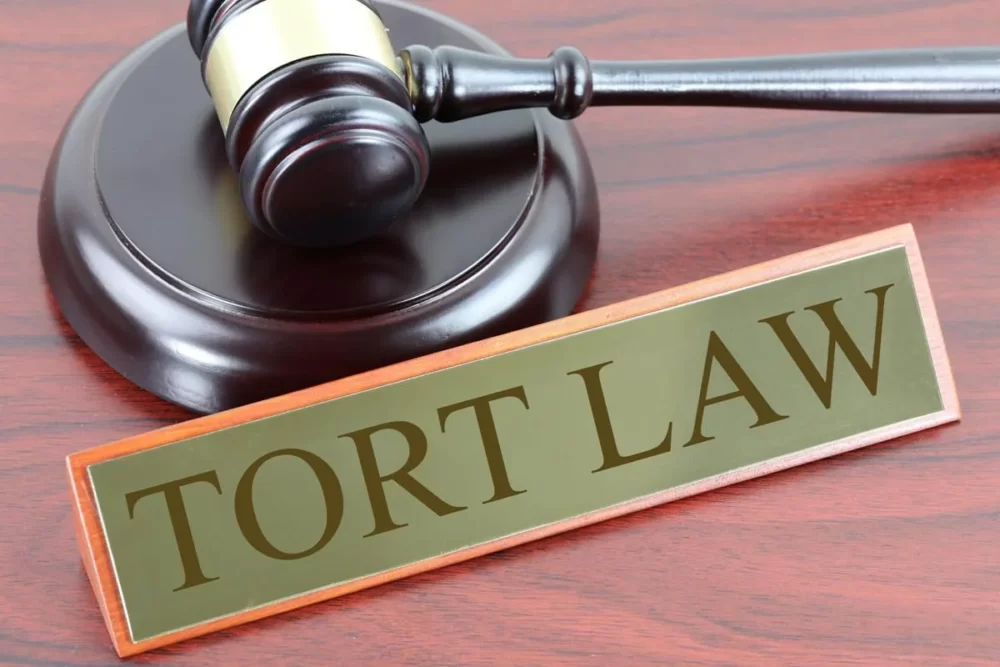Law
5 Fundamentals Of Product Liability Law In Philadelphia

Product liability cases are not uncommon in today’s consumer-driven society. From faulty electronics to dangerous pharmaceuticals, individuals are often faced with the devastating consequences of defective products. However, navigating the complex legal landscape of product liability law can be overwhelming without the proper knowledge and guidance that’s why lawyers such as product liability lawyers from Baratta Law LLC in Philadelphia are available in the area to aid people with their concerns.
Whether you are a consumer or a business owner, having a solid understanding of the fundamentals of product liability law is essential. This knowledge empowers you to make informed decisions, protect your rights, and seek compensation when necessary. Get familiar with the five key principles of product liability law in Philadelphia, providing you with the knowledge you need to navigate this legal terrain effectively.
Table of Contents
Strict Liability Doctrine
The strict liability doctrine is a fundamental aspect of product liability law in Philadelphia. This doctrine holds manufacturers, distributors, and sellers responsible for any harm caused by their products, regardless of fault or negligence. By this doctrine, if a product is deemed defective or unreasonably hazardous, the injured party is entitled to pursue rightful compensation for damages without the burden of demonstrating negligence on the part of the manufacturer or seller. This helps protect consumers and ensures they are not left to bear the burden of injuries or damages caused by defective products.
Three Main Types of Defects
In Philadelphia, the fundamental principles of product liability law revolve around three main types of defects. These defects include design defects, manufacturing defects, and marketing defects. Design defects refer to flaws in the product’s design that make it inherently dangerous or unfit for its intended use.
Manufacturing defects occur during production, resulting in a product that deviates from its intended design and poses a risk to consumers. Lastly, marketing defects involve inadequate warnings or instructions provided with the product, which fail to alert consumers to potential dangers or proper usage. Understanding these three types of defects is crucial in determining product liability in Philadelphia.
Burden of Proof on the Plaintiff
In the context of product liability law in Philadelphia, the burden of proof rests on the plaintiff. Therefore, the plaintiff must present compelling evidence and convincingly establish the defendant’s liability for any damages caused by their product. The burden of proof is a fundamental principle in legal proceedings, ensuring that the accused party must present a convincing case. In product liability cases, the plaintiff must demonstrate that the product was defective, the defect caused the injury, and that they suffered damages. This requirement places the onus on the plaintiff to gather and present strong evidence to support their claim.
Comparative Negligence
Comparative negligence is a fundamental principle in product liability law in Philadelphia. This legal concept recognizes that multiple parties may share responsibility for an accident or injury caused by a defective product. Under comparative negligence, the plaintiff’s and the defendant’s actions are evaluated to determine their respective fault levels.
If the plaintiff is found to have contributed to their injuries through their negligence, their compensation may be reduced accordingly. This principle ensures fairness and accountability in product liability cases, as it acknowledges that both parties may have played a role in the incident.
Statute of Limitations
The statute of limitations is a fundamental aspect of product liability law in Philadelphia. This law sets a time limit for individuals to file a lawsuit against a manufacturer or seller of a defective product. In Philadelphia, the statute of limitations for product liability cases typically ranges from two to four years, depending on the specific circumstances.
It is important for individuals who have suffered injuries or damages due to a defective product to be aware of this time limit and take prompt legal action to protect their rights. Failing to file a lawsuit within the specified time frame may result in the individual being barred from seeking compensation for their losses.
If you are facing a product liability issue in Philadelphia, hiring a lawyer well-versed in Product Liability Law is crucial. Product liability refers to the legal responsibility of manufacturers, distributors, and sellers for any injuries or damages caused by their products. A lawyer with expertise in this area will deeply understand the laws and regulations surrounding product liability in Philadelphia. They will be able to guide you through the complex legal process, gather evidence, and build a strong case on your behalf. Hiring a knowledgeable lawyer will increase your chances of obtaining a favorable outcome and receiving the compensation you deserve.
To know more about keep reading Lemony Blog

-

 Business3 years ago
Business3 years agoHow to Do Long-Distance Moves with Children
-

 Travel2 years ago
Travel2 years agoQuick Guide: Moving To Santa Rosa?
-

 Real Estate3 years ago
Real Estate3 years agoWhy Dubai Festival City is a Great Neighbourhood for Young Learners
-

 Business3 years ago
Business3 years agoIs Guest Posting a Good Inbound Marketing Strategy?
-

 Business1 year ago
Business1 year agoThe Ultimate Guide To Thriving In Your Printing Franchise
-

 Business1 year ago
Business1 year agoExploring The Benefits And Challenges Of Restaurant Franchising
-

 Tech3 years ago
Tech3 years agoCyber Table That Will Change Your Life
-

 Lifestyle1 year ago
Lifestyle1 year agoDallas’ Hidden Gems: 6 Must-Try Restaurants Off The Beaten Path!









Recent Comments